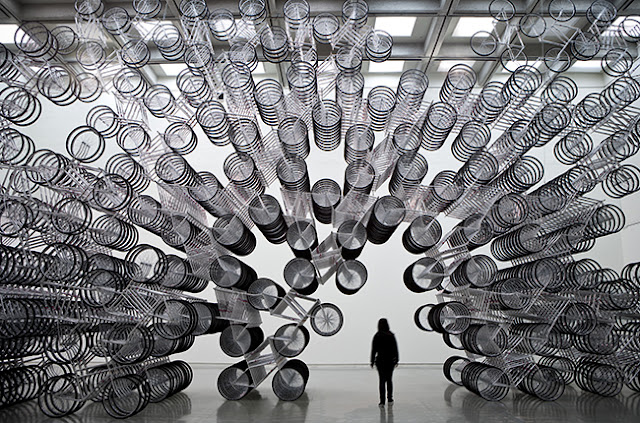Black History Month Artists
Every February at Meramec we celebrate Black History Month. In the art room, in addition to the artists we learn about throughout the year, each grade level will become familiar with a specific African American Artist or an African Art form.
*we will take a short break from TAB art to create special projects for Black History Month.
Kindergarten--Alma Thomas Alma Thomas was an African-American Expressionist painter and art educator. In Washington D.C. where she worked and lived, she would view her colorful garden through the windowpanes. Her colorful paintings evoke the happiness she felt painting. Her work hangs in museums and Michele Obama selected one to hang in the dining room of the White house.
*we will take a short break from TAB art to create special projects for Black History Month.
Kindergarten--Alma Thomas Alma Thomas was an African-American Expressionist painter and art educator. In Washington D.C. where she worked and lived, she would view her colorful garden through the windowpanes. Her colorful paintings evoke the happiness she felt painting. Her work hangs in museums and Michele Obama selected one to hang in the dining room of the White house.
First grade--Clementine Hunter
Clementine Hunter was a self-taught African-American folk artist from Louisiana, who lived and worked on Melrose Plantation. She did not always have canvas so she used found materials like cardboard, paper bags and bottles to create her over 4000 works of art. Her work told the stories of life on the plantation.
Second Grade--Faith Ringgold
Faith Ringgold is an African-American artist, best known for her story quilts. While growing up, Faith was sick with Asthma and spent a lot of time at home; her mother, a fashion designer, taught her to sew. Faith loved to write and sew and creating story quilts was a way for her to tell her story.
Third Grade --Kente Cloth
Kente ("KEN-tay") is one of the most famous cloths from Africa.
Kente (kenten means “basket”) is a hand-woven cloth originally from the Ashanti Kingdom, in Ghana, West Africa.The popularity of the colors and patterns of the kente make it one of the most recognizable textiles in Africa. Worn by royalty, the wealthy, or other highly respected people, now it is used by everyone, especially for special occasions such as festivals, ceremonies, and holidays. each color has significance or meaning. Here are some examples.
- blue—love, fortune, peacefulness, harmony
- green—plants, harvesting, growth, good health
- gold—royalty, wealth, high status, purity
Fourth Grade--Tyree Guyton, The Heidelberg Project
The Heidelberg Project is an outdoor art project in Detroit, Michigan. It was created in 1986 by artist Tyree Guyton and his grandfather Sam Mackey ("Grandpa Sam") as an outdoor art environment.
Tyree Guyton's childhood neighborhood began to deteriorate. At first, the project consisted of his painting a series of houses on Detroit's Heidelberg Street with bright dots of many colors and attaching salvaged items to the houses. It was a constantly evolving work that transformed a city neighborhood where people were afraid to walk, even in daytime, into one in which neighbors took pride and where visitors were many and welcomed.
Tyree Guyton worked on the Heidelberg Project daily with the children on the block.
5th grade--African Indigo
Indigo is a blue dye made from plants. Indigo cloth signified wealth.
For centuries, Indigo was the foundation of numerous textile traditions throughout West Africa.

















































